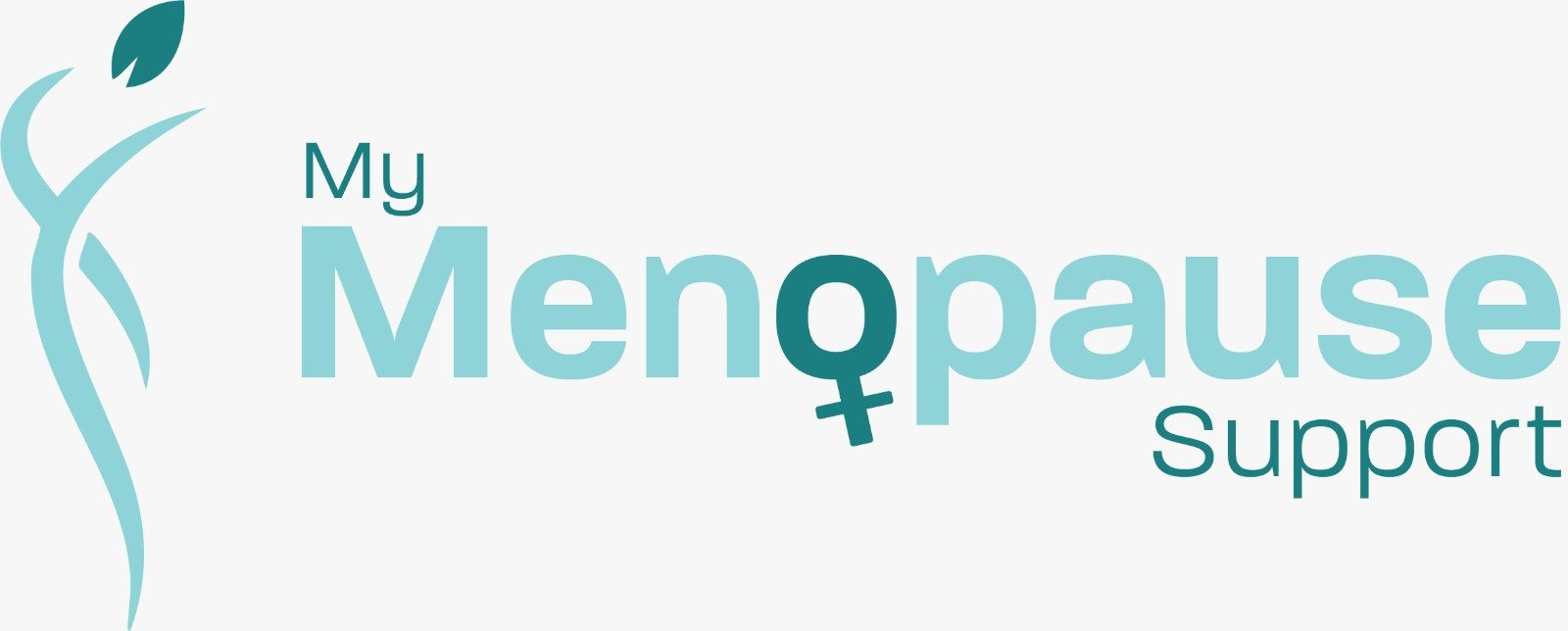Perimenopause is the transitional stage before menopause when the ovaries begin to change hormone output, especially estrogen and progesterone. These hormonal swings are irregular, unpredictable, and can affect almost every organ system including metabolism, heart rhythm, mental health, skin, hair, sleep patterns, digestion, bone structure, muscles, and emotional processing.
As a result, women may experience a wide range of physical and emotional symptoms. Some women feel only a few mild changes. Others struggle with life-disrupting changes that affect work, relationships, sleep, and overall wellbeing.
Below are the 34 most commonly reported perimenopause symptoms, explained clearly and in simple structured breakdowns.
1. Irregular periods
Cycles may shorten or lengthen unexpectedly because ovulation is not consistent.
2. Heavier periods
Periods may become longer, more intense, and require more frequent sanitary changes.
3. Lighter periods
Some cycles may suddenly be very light with reduced flow.
4. Skipped periods
Periods may disappear for a month or more without being pregnant.
5. Hot flashes
Sudden waves of heat that move through the body, often during meetings, driving, or while working.
6. Night sweats
Dripping sweat during sleep that interrupts rest.
7. Sleep disturbances
Difficulty staying asleep or falling asleep because hormone signals to the brain are shifting.
8. Fatigue
Persistent tiredness even after full rest because energy regulation is altered.
9. Mood swings
Sudden emotional shifts without clear trigger due to estrogen fluctuation.
10. Anxiety
Racing thoughts, fear, and nervousness because hormones affect stress response.
11. Low mood
Sadness or emotional heaviness without specific cause.
12. Irritability
Short-temper or being easily frustrated.
13. Brain fog
Difficulty concentrating, remembering names, or staying mentally sharp.
14. Reduced libido
Drop in sexual desire because hormone signals to brain and reproductive organs change.
15. Vaginal dryness
Reduced natural moisture causing discomfort, especially during intimacy.
16. Painful intercourse
Dryness can lead to friction and pain with penetration.
17. Frequent urination
Bladder muscles become sensitive as estrogen drops.
18. Urinary urgency
Sudden intense need to urinate often.
19. Insulin sensitivity changes
Blood sugar may fluctuate unexpectedly.
20. Weight gain
Especially around the abdomen because metabolism slows.
21. Joint aches
Robust estrogen normally supports cartilage; drop increases discomfort.
22. Headaches
Hormonal shifts trigger migraines or tension pressure.
23. Breast tenderness
Breasts may feel sore or swollen like premenstrual sensitivity.
24. Hair thinning
Volume and shine reduce as estrogen declines.
25. Dry skin
Skin loses natural hydration and elasticity.
26. Acne
Breakouts can reappear due to hormonal imbalance.
27. Palpitations
Heart may feel like it is racing or skipping a beat.
28. Bloating
Digestive slowdown increases gas and abdominal discomfort.
29. Body odor changes
Sweat chemistry shifts.
30. Tingling sensations
Nerves may produce pins and needles sensations.
31. Burning mouth
Odd metallic or burning taste in the mouth.
32. Sensitive gums
Gum inflammation becomes more noticeable.
33. Allergies worsening
Histamine reactions can intensify.
34. PMS intensification
Premenstrual symptoms become stronger than usual.
Why Perimenopause Symptoms Differ For Every Woman
Hormone decline is not linear. Some months estrogen is low. Other months it may spike suddenly. This pattern explains why symptoms feel unpredictable.
Lifestyle factors also influence symptom intensity:
- stress levels
- sleep quality
- gut health
- exercise habits
- diet (especially sugar and caffeine)
- overall metabolic health
Each woman’s hormone brain-body reaction is unique. This is why perimenopause is not a one-pattern journey.
When To Seek Professional Help
Severe sleep disruption
palpitations that persist
unintentional weight loss
bleeding between periods
periods lasting longer than 10 days
pain that affects daily routine
These need assessment from a My menopause support trained clinician.
Conclusion:
Perimenopause is a normal biological phase, not a disease. But it is a powerful physical shift that needs understanding, preparation, and support. When women know these 34 symptoms, they can recognise patterns early and take control of their lifestyle, medicine conversations, and self-care approach with confidence.
Frequently Asked Questions About Perimenopause
1. At what age does perimenopause usually start?
Perimenopause typically begins between age 40 to 44, but some women may notice symptoms in their late 30s. Genetics, lifestyle, and medical history all influence when the transition starts.
2. How long does perimenopause last?
For most women, perimenopause can last 4 to 8 years. Some women experience a shorter transition while others may feel symptoms even longer.
3. Can periods be normal one month and irregular the next?
Yes. Hormone fluctuations are not stable. This is why some months you may ovulate and others you may not. Periods can become short, long, light, heavy, or even skip.
4. Are mood changes normal in perimenopause?
Yes. Mood swings, anxiety, irritability, and emotional changes are common because estrogen directly affects the brain’s neurotransmitters like serotonin and dopamine. When hormones swing, emotions swing.
5. Is weight gain inevitable during perimenopause?
Not inevitable, but very common. Metabolism slows, fat distribution shifts, and insulin response changes. A balanced diet, strength training, sleep quality, and stress management help maintain a healthy weight.
6. Can perimenopause affect heart rhythm?
Yes. Some women experience palpitations, fluttering, or skipping beats. However, if palpitations are severe or frequent, always consult a healthcare professional to rule out heart disease.
7. Can perimenopause cause hair thinning?
Yes. Lower estrogen reduces hair growth signals. Hair can become thinner, more brittle, and slower to grow.








